Promoting blockchain application in the digital economy
The conference was organised by the Science, Technology, and Environment Committee and the Vietnam Blockchain Association, with the participation of National Assembly delegates from the Science, Technology, and Environment Committee, as well as representatives of the Economic, Law, Finance and Budget, Justice, Defence and Security, and Foreign Affairs Committees.
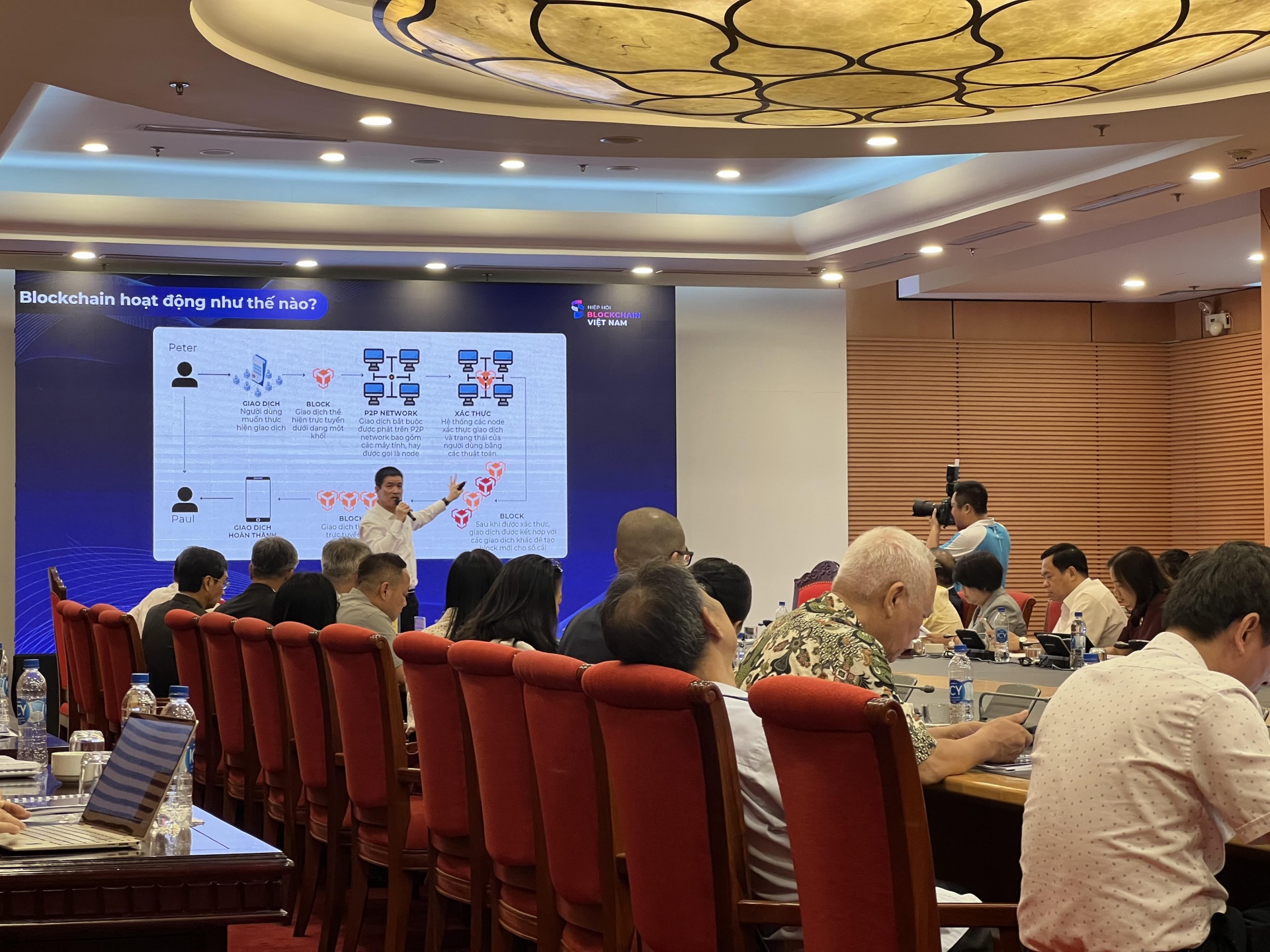 |
| Phan Duc Trung, vice president of the VBA speaking about how blockchain technology works and can be applied in daily life |
During this conference for lawmakers, experts representing the Vietnam Blockchain Association (VBA) emphasised the issues related to the legal corridor to promote blockchain technology, outlined their experience in accessing and managing digital assets in other major countries and economies, and highlighted the challenges and opportunities for Vietnamese lawmakers.
Le Quang Huy, member of the Party Central Committee and chairman of the National Assembly's Science, Technology, and Environment Committee, said that the National Assembly highly appreciates the potential of blockchain technology and is considering it to promote development, monetise innovation, and spur economic growth.
“The innovation and technology strategy until 2030 is to apply new science in all fields, with priority given to modern applications such as AI, cloud computing, and blockchain,” Huy said.
According to Hoang Van Huay, chairman of the VBA, many countries and territories such as the US, China, the EU, Japan, Hong Kong, and Singapore have issued regulations on digital asset management to enhance user and investor protection, prevent financial crime, and promote innovation and fair competition.
“Although Vietnam does not have any specific legal documents on digital assets, recently, management agencies have made many positive moves in approaching this new trend,” Huay emphasised.
He feels that Vietnam needs to urgently seize the opportunity to deploy a complete legal system to promote the development of technology in general and blockchain in particular.
Currently, although digital assets do not have a full legal framework in Vietnam, they have been mentioned in a number of legal documents, demonstrating the proactive approach by management agencies and legislative bodies in promoting the development of the digital economy.
The VBA recommends that promoting blockchain in innovation and digital economic development requires legal support, and also proposes that lawmakers approach virtual currencies, cryptocurrencies, and digital assets from the perspective of the 2015 Civil Code when researching and drafting new laws.
What the stars mean:
★ Poor ★ ★ Promising ★★★ Good ★★★★ Very good ★★★★★ Exceptional
Related Contents
Latest News
More News
- Kurz Vietnam expands Gia Lai factory (February 27, 2026 | 16:37)
- SK Innovation-led consortium wins $2.3 billion LNG project in Nghe An (February 25, 2026 | 07:56)
- THACO opens $70 million manufacturing complex in Danang (February 25, 2026 | 07:54)
- Phu Quoc International Airport expansion approved to meet rising demand (February 24, 2026 | 10:00)
- Bac Giang International Logistics Centre faces land clearance barrier (February 24, 2026 | 08:00)
- Bright prospects abound in European investment (February 19, 2026 | 20:27)
- Internal strengths attest to commitment to progress (February 19, 2026 | 20:13)
- Vietnam, New Zealand seek level-up in ties (February 19, 2026 | 18:06)
- Untapped potential in relations with Indonesia (February 19, 2026 | 17:56)
- German strengths match Vietnamese aspirations (February 19, 2026 | 17:40)

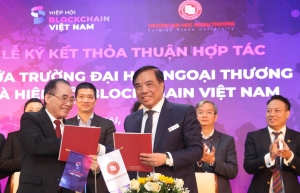

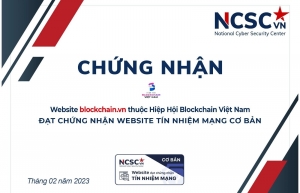
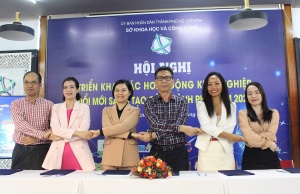
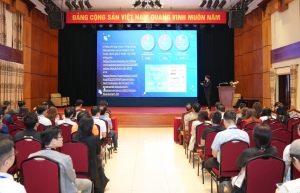
 Tag:
Tag:




















 Mobile Version
Mobile Version